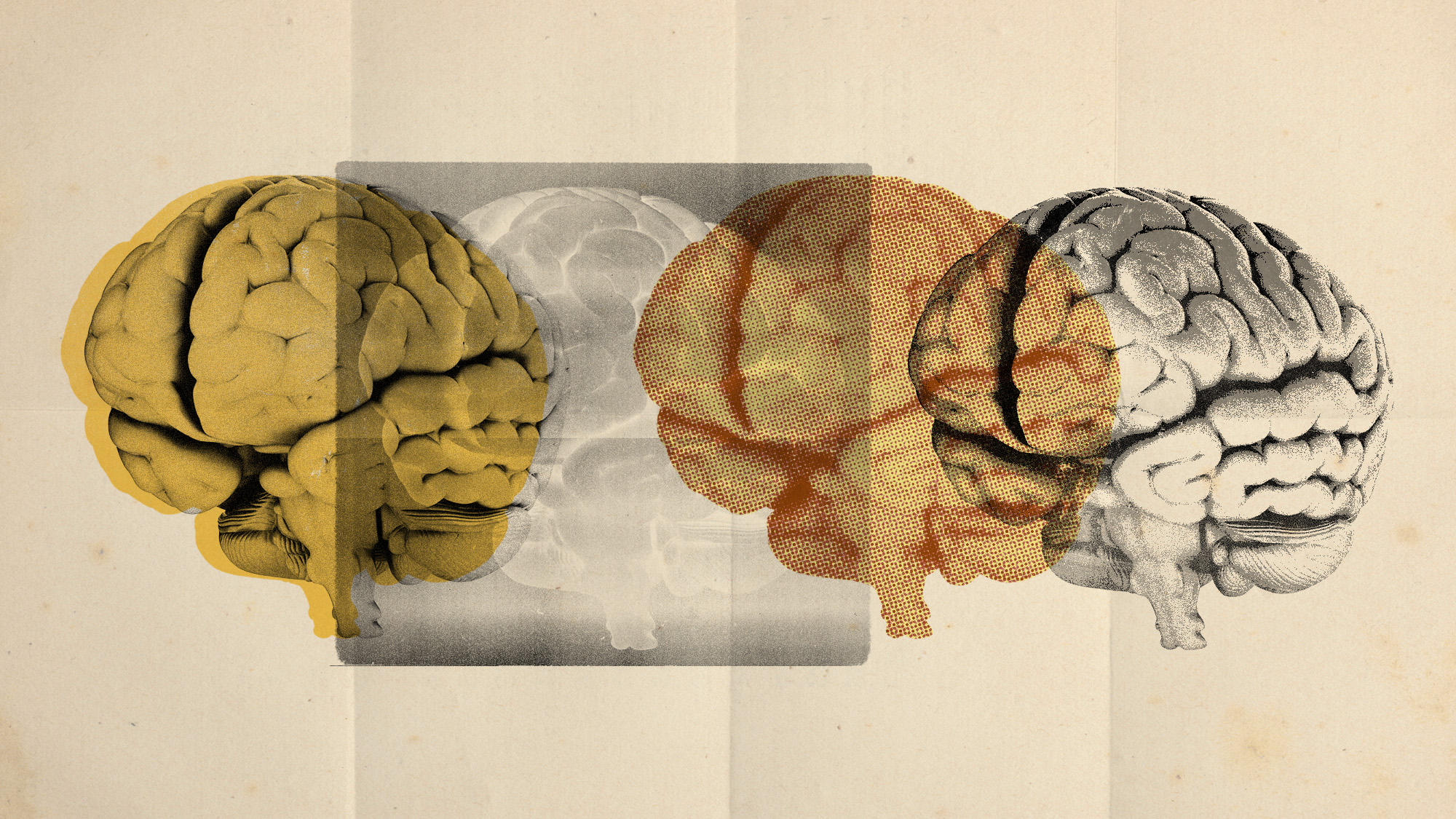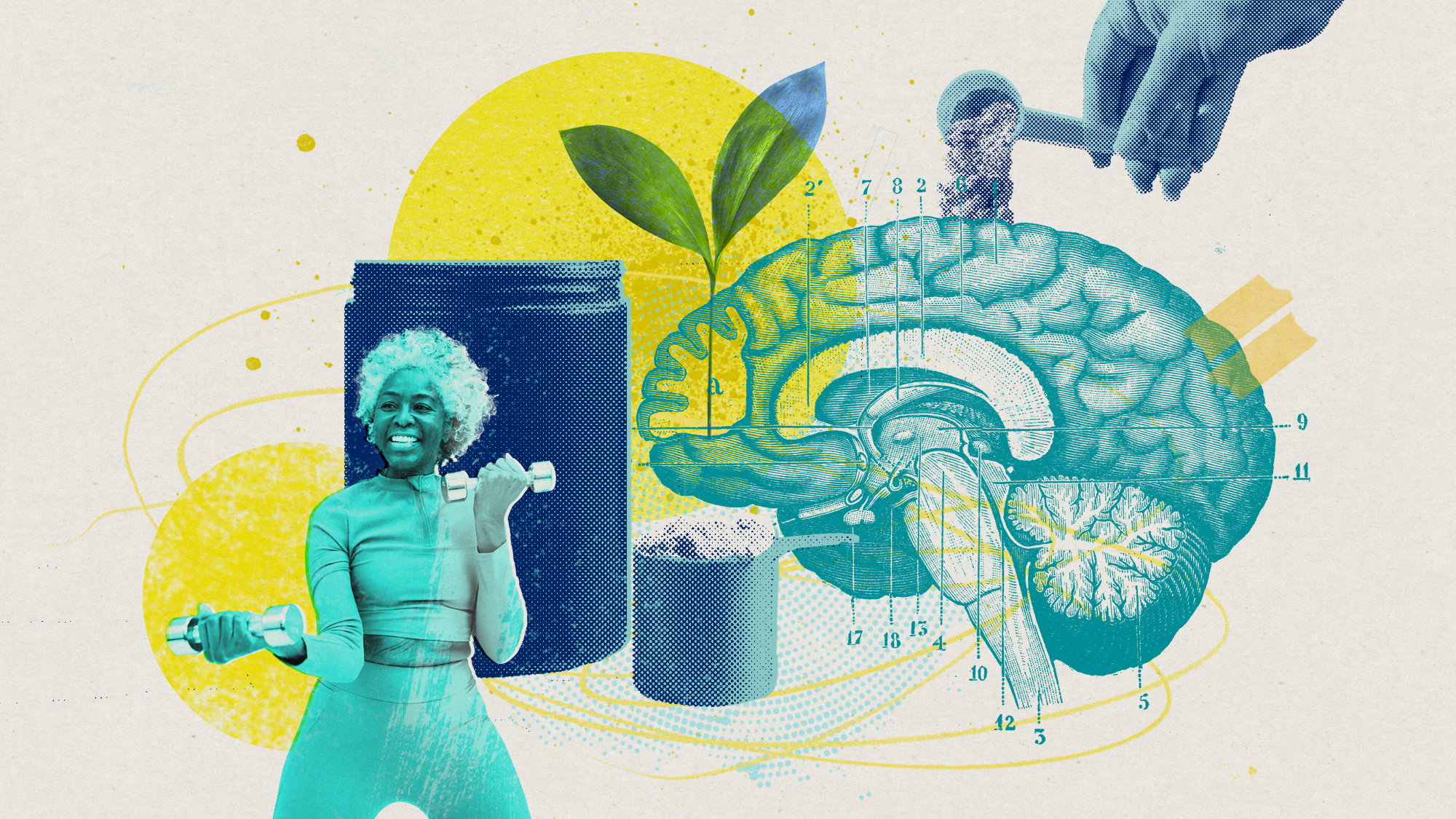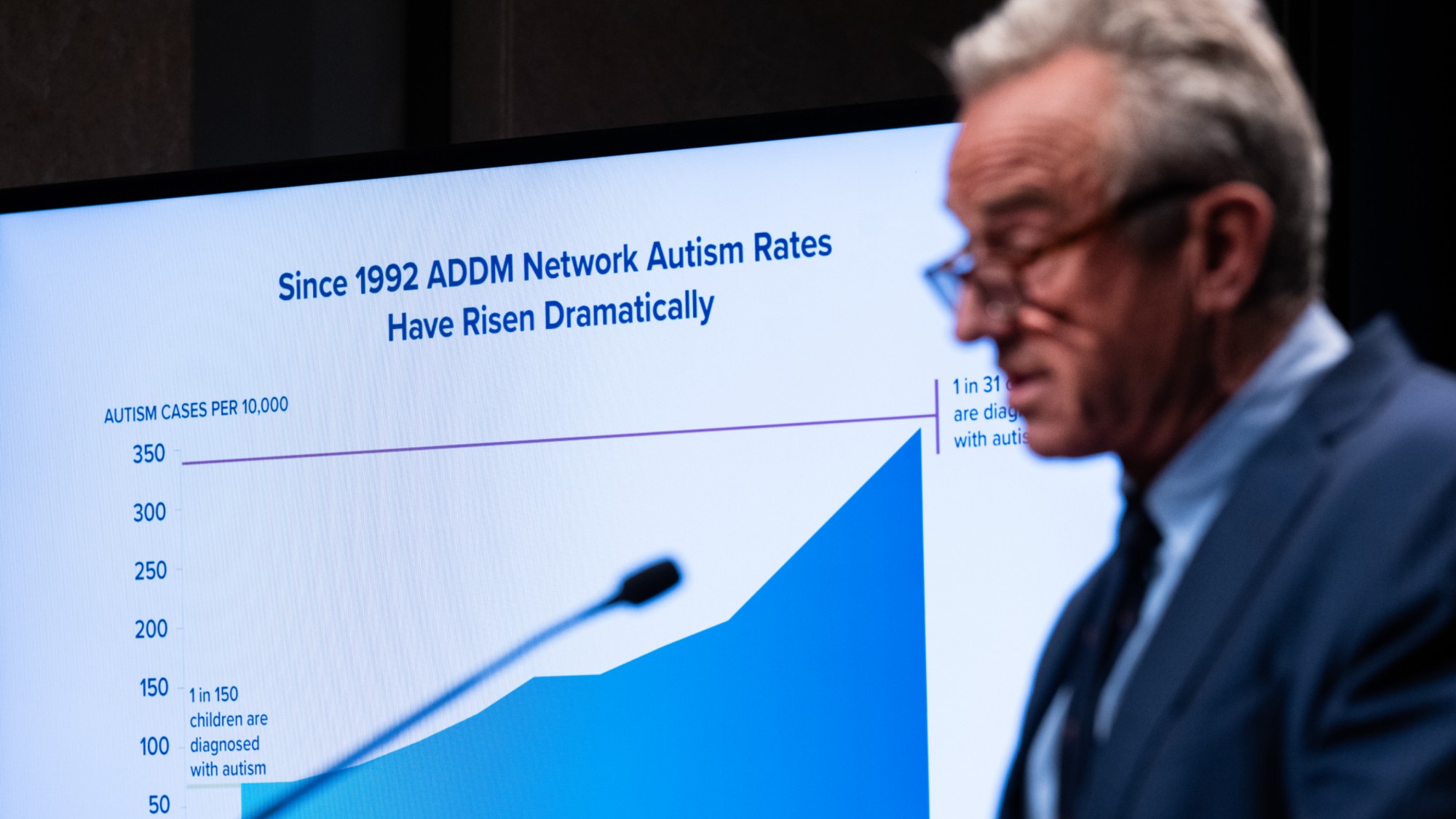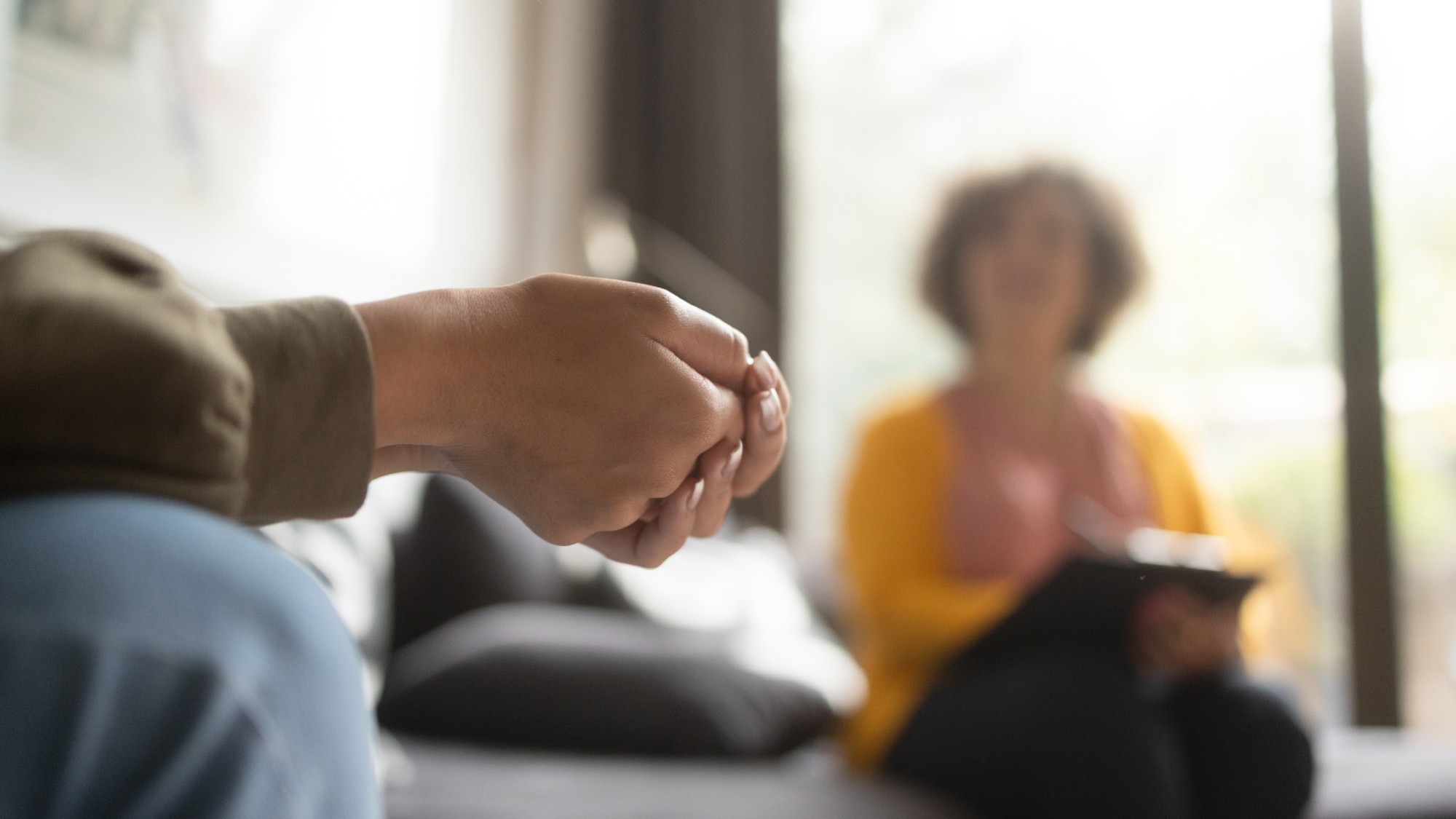Women almost twice as likely to experience anxiety than men
Under-35s and people with health conditions also particularly vulnerable to the disorder

A free daily email with the biggest news stories of the day – and the best features from TheWeek.com
You are now subscribed
Your newsletter sign-up was successful
Women are almost twice as likely to experience anxiety than men and the under-35s are particularly vulnerable to the disorder, according to new research.
A study by the University of Cambridge suggests that people with health conditions – including cancer, multiple sclerosis, those who have suffered a stroke and even those dealing with pregnancy – have a higher chance of experiencing symptoms than others.
The analysis calls for a shift in focus to target these marginalised groups with more resources provided to study the disorder, which is estimated to affect about four per cent of the global population.
The Week
Escape your echo chamber. Get the facts behind the news, plus analysis from multiple perspectives.

Sign up for The Week's Free Newsletters
From our morning news briefing to a weekly Good News Newsletter, get the best of The Week delivered directly to your inbox.
From our morning news briefing to a weekly Good News Newsletter, get the best of The Week delivered directly to your inbox.
The findings could help identify those at risk and allow groups to ensure that the necessary support is available, The Guardian reports.
Research leader Olivia Remes stressed the importance for health services to understand how common such conditions are and which groups are at greatest risk.
For example, while the analysis shows that up to a third of MS and stroke patients have an anxiety disorder, this number increases dramatically (up to 79 per cent) for cancer patients in the later stages of the disease.
Pregnant women were also found to suffer from obsessive compulsive disorder. The illness usually only affects one per cent of the general population, but the proportion is double in pregnant women and slightly higher in the period following birth.
A free daily email with the biggest news stories of the day – and the best features from TheWeek.com
While, as the BBC points out and Remes admits, it is true that it is difficult to know whether this is due to the administration of certain medication or whether the trend is simply down to the worry of being sick, help should be provided and specifically targeted.
Published in the journal Brain and Behaviour, the global review of 48 studies found that more than 60 million people in the European Union were affected by anxiety disorders every year.
The study also found that people from Western Europe and North America are more likely to suffer than those from other cultures.
Professor Carol Brayne, the director of the Cambridge Institute of Public Health, added that data about marginalised groups is hard to find and gaps needed to be filled in order for a "greater understanding of how such evidence can help reduce individual and population burdens".
-
 Political cartoons for February 20
Political cartoons for February 20Cartoons Friday’s political cartoons include just the ice, winter games, and more
-
 Sepsis ‘breakthrough’: the world’s first targeted treatment?
Sepsis ‘breakthrough’: the world’s first targeted treatment?The Explainer New drug could reverse effects of sepsis, rather than trying to treat infection with antibiotics
-
 James Van Der Beek obituary: fresh-faced Dawson’s Creek star
James Van Der Beek obituary: fresh-faced Dawson’s Creek starIn The Spotlight Van Der Beek fronted one of the most successful teen dramas of the 90s – but his Dawson fame proved a double-edged sword
-
 ‘Longevity fixation syndrome’: the allure of eternal youth
‘Longevity fixation syndrome’: the allure of eternal youthIn The Spotlight Obsession with beating biological clock identified as damaging new addiction
-
 RFK Jr. sets his sights on linking antidepressants to mass violence
RFK Jr. sets his sights on linking antidepressants to mass violenceThe Explainer The health secretary’s crusade to Make America Healthy Again has vital mental health medications on the agenda
-
 The app tackling porn addiction
The app tackling porn addictionUnder the Radar Blending behavioural science with cutting-edge technology, Quittr is part of a growing abstinence movement among men focused on self-improvement
-
 Scientists have identified 4 distinct autism subtypes
Scientists have identified 4 distinct autism subtypesUnder the radar They could lead to more accurate diagnosis and care
-
 'Wonder drug': the potential health benefits of creatine
'Wonder drug': the potential health benefits of creatineThe Explainer Popular fitness supplement shows promise in easing symptoms of everything from depression to menopause and could even help prevent Alzheimer's
-
 Fly like a breeze with these 5 tips to help cope with air travel anxiety
Fly like a breeze with these 5 tips to help cope with air travel anxietyThe Week Recommends You can soothe your nervousness about flying before boarding the plane
-
 RFK Jr.'s focus on autism draws the ire of researchers
RFK Jr.'s focus on autism draws the ire of researchersIn the Spotlight Many of Kennedy's assertions have been condemned by experts and advocates
-
 Mental health: a case of overdiagnosis?
Mental health: a case of overdiagnosis?Talking Point Issues at 'the milder end of the spectrum' may be getting wrongly pathologised